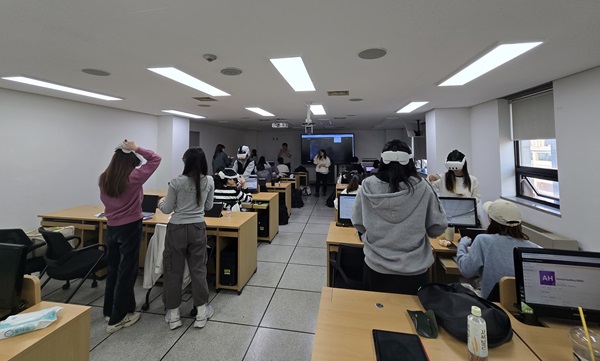Advice by Andrew Willis – Head of Legal at Croner
Recently, the New Yorker magazine announced it had suspended one of its long-time staff writers, legal expert Jeffrey Toobin. At the same time, it investigates a report that he was allegedly masturbating during a Zoom work call earlier in October.
While this may be an extreme example of misconduct over a Zoom call, unprofessional behaviour occurring during work video calls can happen, and employers need to be prepared in the event of this happening.
Since March 2020, remote working has become an unexpected development that many companies are likely now incorporating into their employees’ standard work pattern, at least for the duration of the coronavirus pandemic.
With remote working comes new technologically forward ways of communicating amongst teams and with clients. This means implementing new voice/video calling tools such as Zoom, Skype, or Microsoft Teams into employees’ daily routines. However, it can be easy for employees to neglect their usual professionalism while working from home. Ultimately, remote working does not mean that employers cannot hold their staff to the same standards as they would be if they were in an office, or workplace, setting.
An employer’s specific policy on conduct while at work should be applied to those working from home temporarily as a result of the pandemic. Those who have a remote working contract and are not working from home as a result of the pandemic should already have an agreement in place as to the conduct expected from them while performing work for the employer. Therefore, unless it has been previously agreed that a remote worker will be held to different standards of working, employers should treat all staff working from home as though they were in the main office setting.
Either way, all employees must have a written statement of employment terms and conditions which must contain disciplinary rules and procedures or refer the employee to some other easily accessible document containing those rules and procedures. It should be made clear that if a conduct agreement is not adhered to, there is a risk of disciplinary action, whether formal or informal. Disciplinary rules and procedures underpin the employment relationship, providing an employer with an opportunity to set clear rules about the way its employees should behave and the standards it expects of them.
Before getting to a stage where formal disciplinary action is necessary, employers may find it helpful to take steps to manage any misconduct issues arising from lack of professionalism. Many first or minor instances of misconduct can be effectively dealt with informally by the employee’s immediate line manager. In an informal meeting between the manager and employee, the manager should aim to make the employee aware of the exact nature of the problem and why it is a problem, as well as seeking the employee’s commitment to achieving some change or improvement.
More serious cases of misconduct may warrant a formal disciplinary action which could lead to a suspension – and later termination. However, employers should take this on a case by case basis to not give a harsher response than necessary to any minor case of misconduct arising from voice/video calls.







